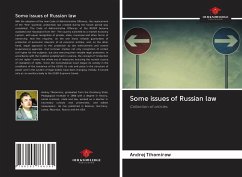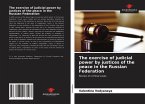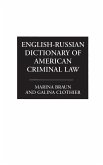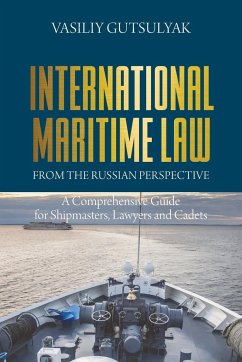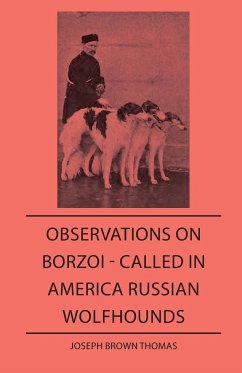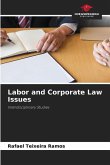With the adoption of the new Code of Administrative Offences, the replacement of the "fine" (punitive, protective) law created during the Soviet period was completed. The Code of Administrative Offences of the RSFSR became outdated and "backward from life". The country switched to a market economy system, with equal recognition of private, state, municipal and other forms of ownership. And this requires, on the one hand, reliable guarantees of protection of economic interests of all economic entities, and, on the other hand, equal approach to this protection by law enforcement and control (supervisory) agencies. Civil turnover implies not only recognition of certain civil rights for the subjects, but also ensuring their reliable legal protection. In accordance with the tradition established in science, the concept of "protection of civil rights" covers the whole set of measures ensuring the normal course of realization of rights. Since the Constitutional Court began its activity in the conditions of the existence of the USSR, its role and place in the structure of power and in the system of legal bodies have been changing. Initially, it served only as an auxiliary body to the USSR Supreme Soviet.
Hinweis: Dieser Artikel kann nur an eine deutsche Lieferadresse ausgeliefert werden.
Hinweis: Dieser Artikel kann nur an eine deutsche Lieferadresse ausgeliefert werden.

